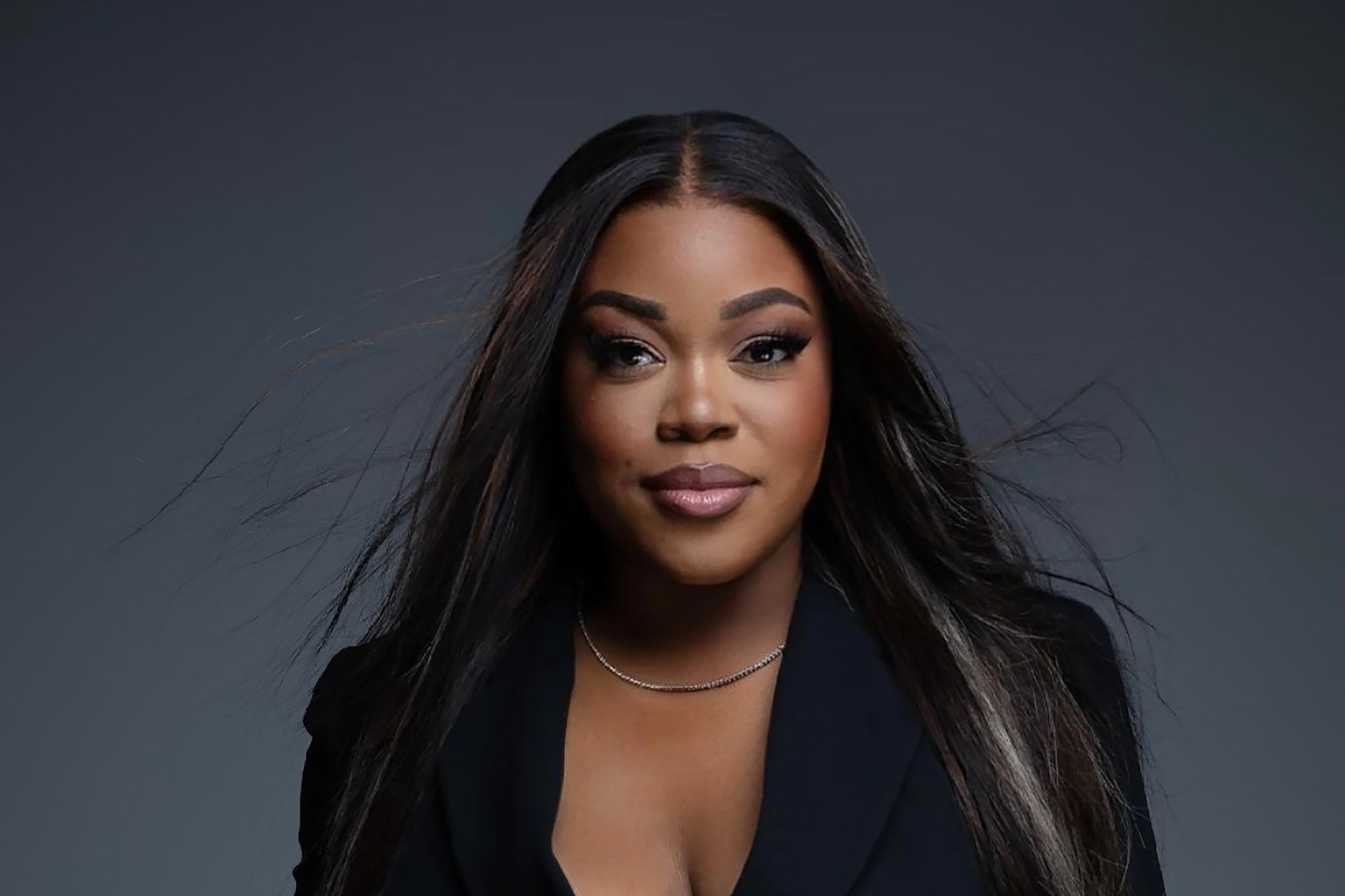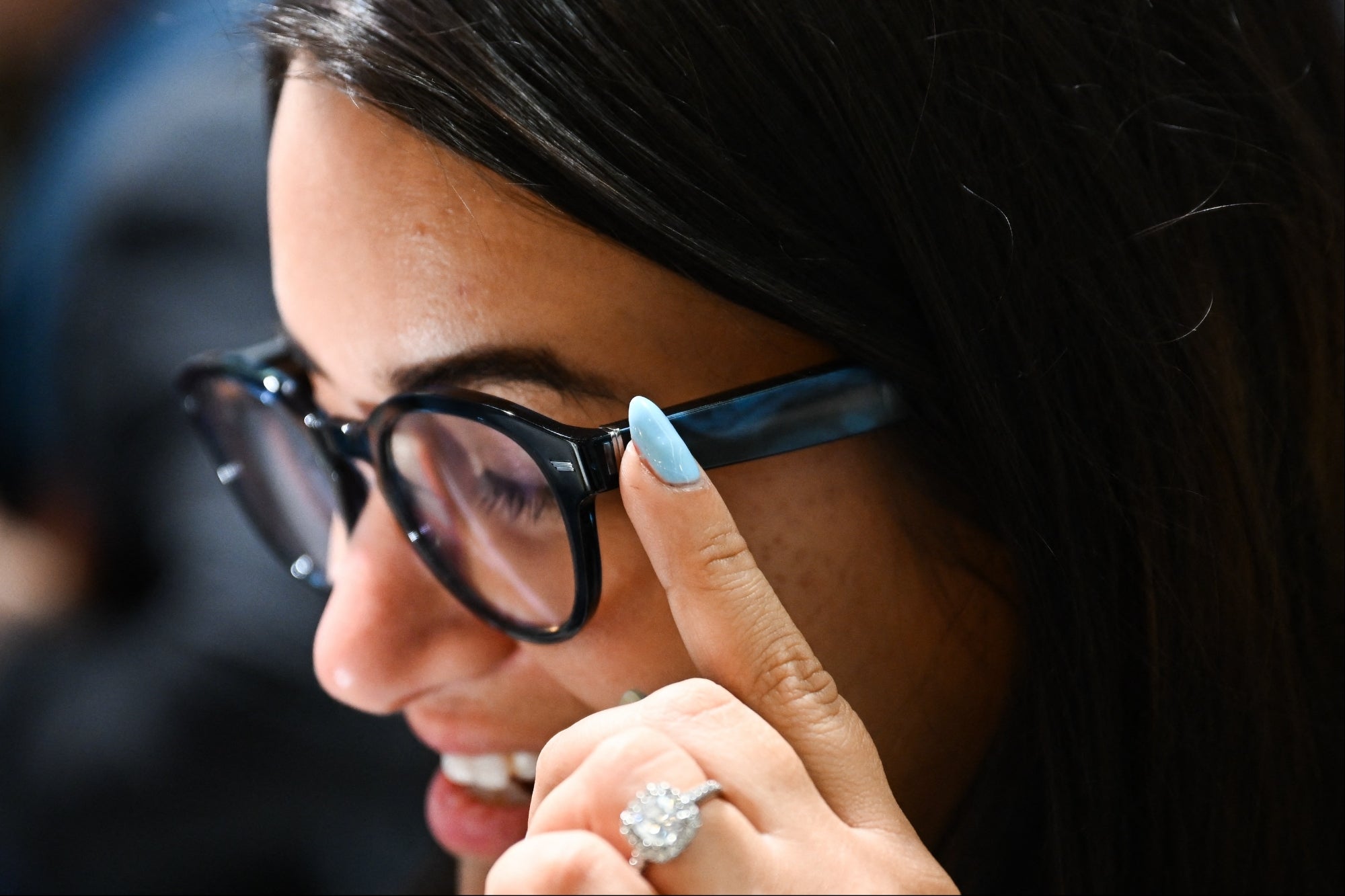Opinions expressed by Entrepreneur contributors are their own.
Shaderoom founder Angie Nwandu transformed her hobby of posting celebrity gossip on Instagram into a social media empire boasting more followers than The New York Times. Today, her platform is a leading voice in the online Black community — a responsibility she embraces fully.
Yet, her journey to success was anything but easy, teaching her important lessons about life and entrepreneurship along the way.
Humble beginnings
Nwandu had a difficult upbringing. After her father murdered her mother in 2002, she entered the Los Angeles foster care system, where she experienced multiple forms of abuse. Despite these hardships, she persevered and found solace in writing, particularly poetry. One of her most powerful pieces, Behind Bullet Proof Glass, reflects her personal experiences with domestic violence.
The talented poet would receive a full scholarship to Loyola Marymount University; however, due to external pressures and a need for fast money, she majored in accounting, a field that did not come as naturally.
“Last minute, I switched my major to HR just so I could graduate,” Nwandu tells Entrepreneur. “I felt like a failure. I couldn’t get into grad school. I was lost at this point in my life.”
She confided in her mentor that her true passion was writing, and he introduced her to a friend working on a script. Nwandu contributed to the project, which eventually made it to Sundance — a turning point in her outlook.
“Instead of thinking writing would only lead to failure and poverty, I realized, wait, this went to Sundance,” she says. “That made me start believing in myself.”
The pivotal moment came when artists presented their films, but Nwandu, without a film, shared a version of her poem Behind Bullet Proof Glass. She started crying, mostly because she was just fired from her bookkeeping job.
Nevertheless, moved by her performance, director Michelle Satter awarded her a $5,000 grant for her writing career. Though Nwandu had more urgent financial needs, the grant gave her time to focus on another passion: gossiping.
“I was unemployed, calling friends to discuss news,” she says. “Then one suggested I start my own media company.”
Read More: Ambiguity Isn’t Leadership — It’s Avoidance. Why Modern Teams Are Starving for Decisiveness
Posting to the Promiseland
Not knowing the first thing about website development, Nwandu went straight to Instagram, where she created the now ubiquitous Shade Room account, and began blogging about celebrity news. Her quirky comedic tone quickly caught on with users, and the account grew to 300 followers within the first day.
Noticing the early rise of Instagram influencers — people who weren’t traditional celebrities but had large followings on social media — Nwandu began tailoring her content to cover news and drama within this emerging creator space.
“Everybody was like, ‘Oh, finally, we have a place to find like news on these people,’ Nwandu says. “From the time I hit 3500 followers, I knew it would be a media empire.”
It was clear Nwandu had stumbled upon gold with her content strategy, but she was the only one there to mine it at the time.
“I was working 24 hours a day, updating them every hour,” she says. I would pull over on the side of the freeway to update them, because I felt this would be something big.”
Her hustle paid off. The account hit 10k followers, then 100k, then 500k.
“At that point, it started to influence the mainstream news cycle,” Nwandu says. “I realized I had an audience of Black people coming to me for news about our community,” she says. “That’s when I decided — this platform is going to be used to amplify Black voices.”
Related: 21-Day Plan to Grow Your Instagram Following
When community becomes currency
There are many celebrity news outlets, but what sets The Shade Room apart is its strong focus on community.
“I’ve noticed that we can post something already featured on ten other sites, yet people still come to The Shade Room,” Nwandu says. “That’s because of the audience we’ve built — one cultivated meticulously and intentionally.”
To cultivate this fanbase, Nwandu drew inspiration from stan culture, where celebrities’ followers adopt collective names — like Nicki Minaj’s Barbz or Taylor Swift’s Swifties. Shade Room fans dubbed themselves “The Roommates,” and that’s when Nwandu noticed the community beginning to take on a life of its own.
“They would metaphorically knock down doors for celebrities on Instagram,” Nwandu says. “They’d flood the comments saying, ‘The Shade Room wants an interview,’ or ‘The Shade Room wants an exclusive.’ It would force the celebrity to ask, ‘What is The Shade Room?” In the beginning, the audience literally moved like an army.”
Nwandu tries to keep that relationship active on both sides, responding to as many DMs and comments as possible, and putting serious value on the fans’ feedback.
“They feel like they own it,” Nwandu says. “If they ask us to take something down, we will. If they want us to post something — and it’s verified and true — we’ll do that too. They shape what they see by sending in tips and letting us know what they want us to cover.”
Once Nwandu had built a loyal and engaged fanbase, the next challenge was monetizing it.
“I was copying influencer culture,” Nwandu says. “I saw them posting ads for brands like Slim Fit Tea, and many had fewer followers than me. I thought, I’m a media company — I can do this too. So I started reaching out to the brands advertising with them and said, Come to The Shade Room.”
In the early days of The Shade Room, she charged just $75 per post for ad space — a bargain that likely made PR professionals’ eyes light up, especially given her roughly half a million followers.
Eventually, she hired a salesperson to negotiate more favorable rates, and the money started flowing in. “You just have to try things and keep trying until you hit something that makes sense and provides revenue,” Nwandu says.
Giving back
Now that The Shade Room is an established cultural force, Angie Nwandu has turned her focus toward giving back to the community that built her. “Once you reach a certain size, people start to see you as big media,” she says. “And the relationship shifts. Now it’s, ‘You’re profiting off Black culture—you need to give back to it.’ And I was like, you’re right. So I listened.”
Nwandu’s philanthropic efforts span both the U.S. and Africa. She’s renovated four to five schools in Nigeria and built water wells in several Niger villages, providing clean water and enabling local farming. Her team also funds scholarships to help children access education.
In the U.S., she has supported transitional housing programs for foster youth, including helping Peace4Kids purchase land in Santa Clarita, California. She’s contributed to organizations like UFC, which supports foster youth through education and housing, and the National Bail Out initiative, assisting mothers and domestic violence survivors.
Additionally, Nwandu has created six scholarship endowments across HBCUs and her alma mater to support students of all backgrounds.
“Every year, we give back 10% of our profits to the community,” she says. “Some people tithe to the church—I want to tithe to the community.”








